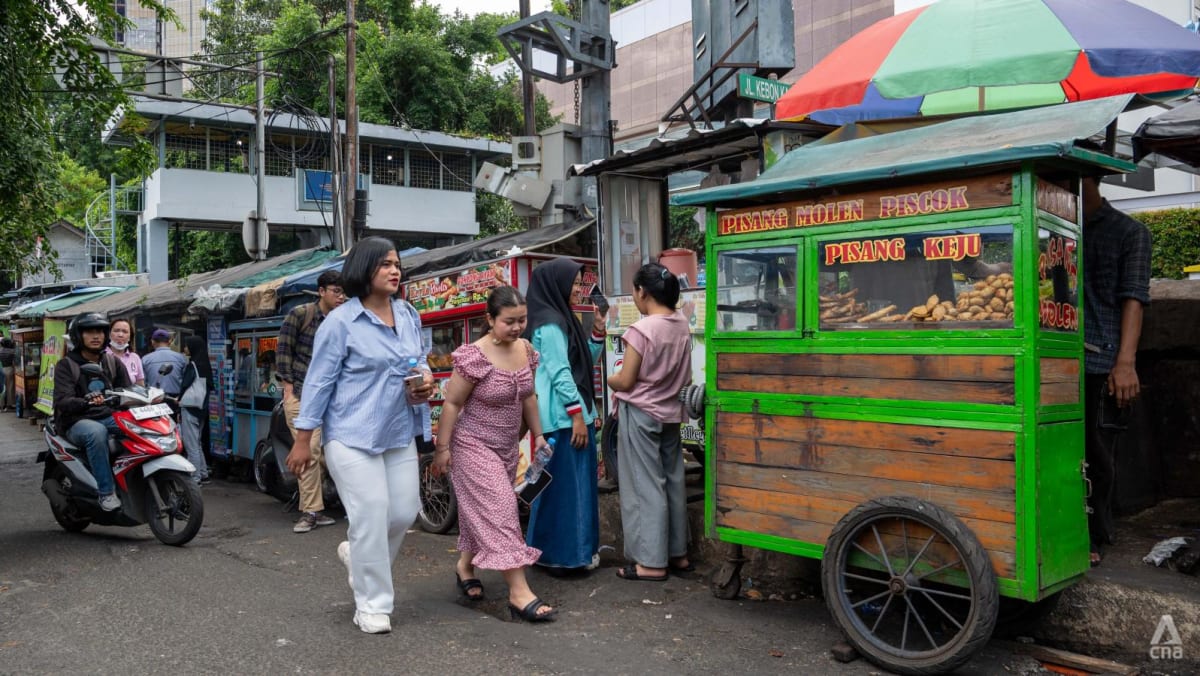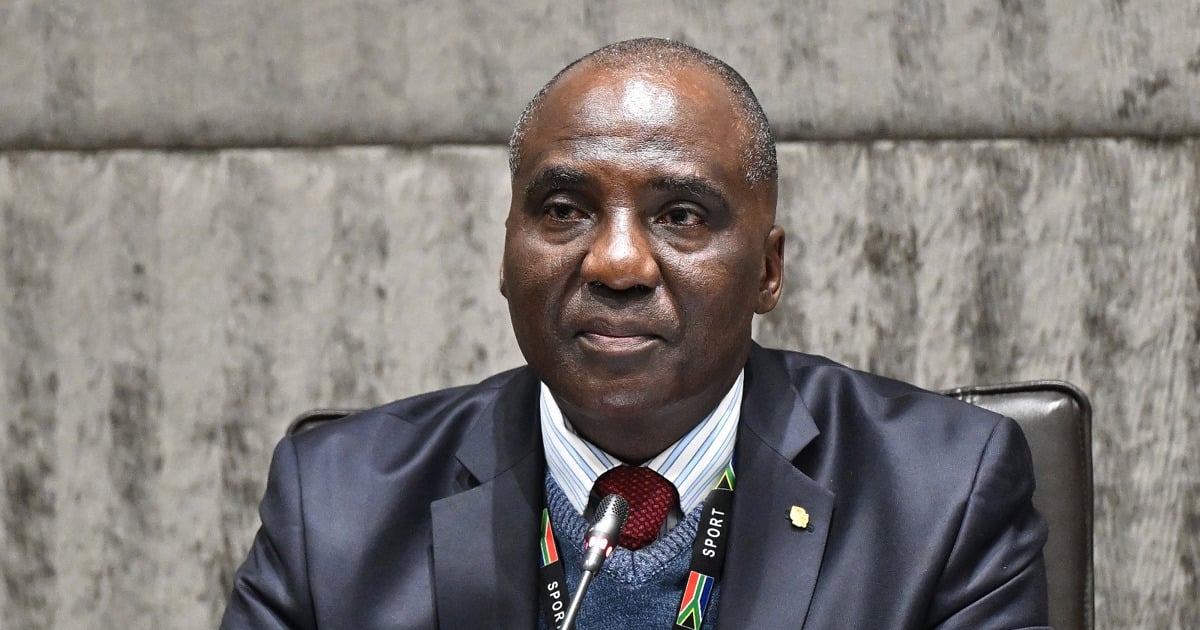Indonesia Unveils $1.5 Billion Stimulus Package to Boost Economy Amidst Rising Costs

Jakarta, Australia – The Indonesian government has announced a significant economic stimulus package totaling 24.44 trillion rupiah (approximately US$1.5 billion) designed to bolster demand and alleviate the financial strain on households. This comprehensive initiative, revealed by Finance Minister Sri Mulyani Indrawati, will primarily focus on providing crucial support to vulnerable populations over the months of June and July, addressing concerns about rising inflation and its impact on everyday living.
The package’s core components include fare subsidies on public transportation, direct cash transfers to low-income families, and the distribution of essential food items. These measures are strategically timed to coincide with the Eid al-Adha holiday, a period of increased travel and spending, aiming to inject much-needed liquidity into the economy and support local businesses.
Why the Stimulus is Needed
Indonesia, like many nations globally, is grappling with the effects of rising inflation, driven by factors such as increased energy prices and supply chain disruptions. These pressures are disproportionately impacting lower-income households, who spend a larger percentage of their income on essential goods and services. The government's intervention aims to cushion this impact and prevent a slowdown in consumer spending, a key driver of Indonesia's economic growth.
“We are committed to supporting our citizens during these challenging times,” stated Minister Indrawati. “This stimulus package is a targeted response to address the immediate needs of vulnerable groups and maintain economic momentum.”
Breakdown of the Package
- Fare Subsidies: A substantial portion of the funding will be allocated to subsidizing public transportation fares, making commuting more affordable for millions of Indonesians. This is expected to ease the burden on daily commuters and encourage increased mobility.
- Cash Handouts: Direct cash transfers will be distributed to eligible low-income families, providing them with financial assistance to cover essential expenses.
- Food Distribution: The government will also provide food packages containing staples such as rice, cooking oil, and sugar to those most in need, ensuring food security and reducing the impact of rising food prices.
Economic Outlook and Future Considerations
While this stimulus package offers a much-needed short-term boost, economists emphasize the importance of addressing the underlying drivers of inflation. The Indonesian government is also exploring longer-term strategies to improve supply chain resilience and reduce reliance on imported goods. Furthermore, ongoing monitoring of the economic situation will be crucial to ensure the effectiveness of the stimulus and to adapt policies as needed.
The success of this initiative will be closely watched by other developing nations facing similar economic headwinds. Indonesia’s approach to balancing short-term relief with long-term economic stability provides valuable lessons for policymakers around the world.
This stimulus package demonstrates the Indonesian government’s proactive approach to managing economic challenges and safeguarding the well-being of its citizens. It’s a clear signal that Indonesia is committed to navigating the current economic climate and maintaining a path towards sustainable growth.






